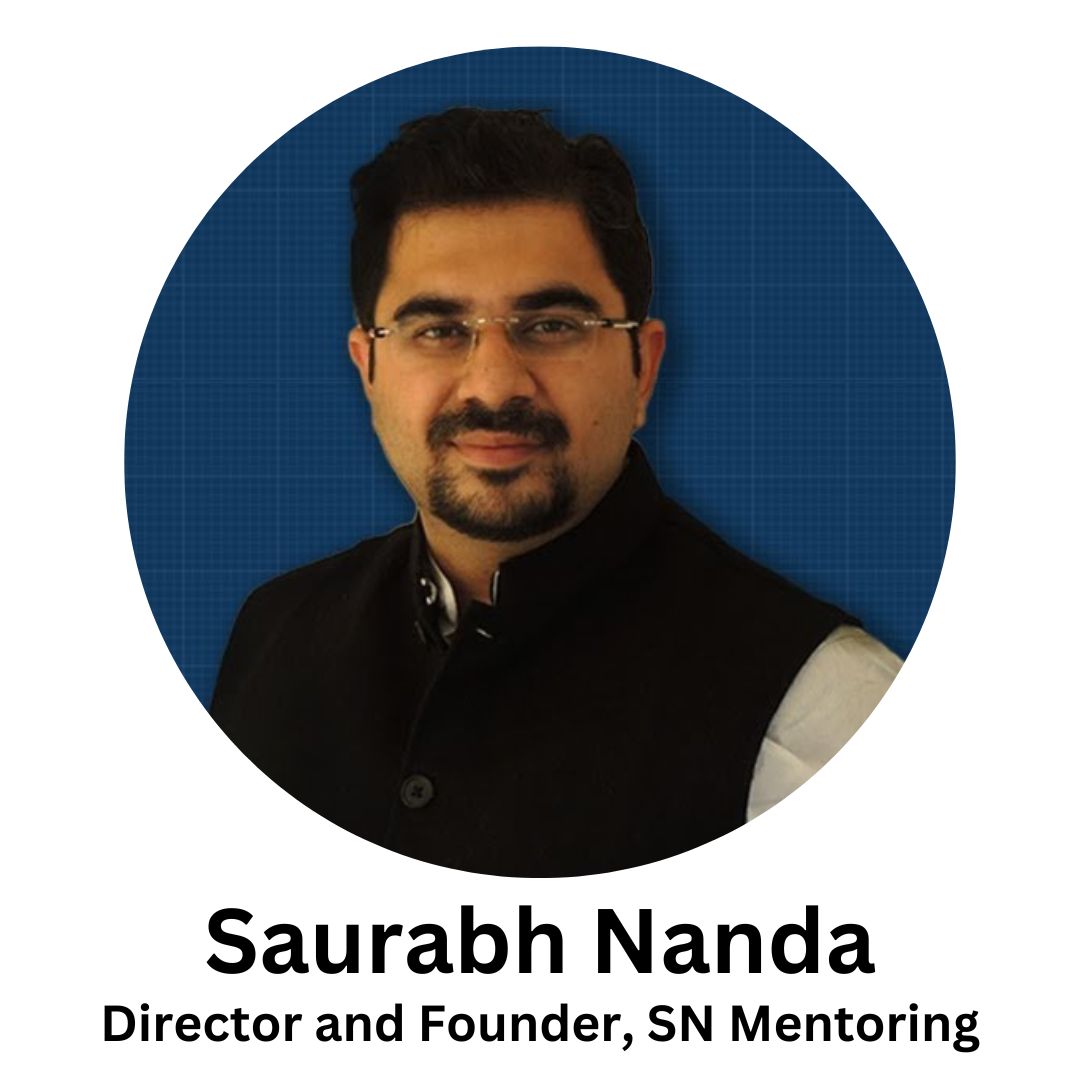| The 21st Century Skills as researched by organisations such as the World Economic Forum (WEF), McKinsey or India’s Ministry of Education through its National Education Policy (NEP) reveal a profound interplay between an individual's ability to make informed career choices and the broader skills needed to thrive in the dynamic career landscape of the 21st century. In this article, I have tried to analyse some of the 21st century skills to draw parallels between them and career decision making. These parallels follow my copyrighted Career Decision Making model called “Spheres of Understanding”. Let’s dig into how career decision making might be the most comprehensive of all 21st Century Skills needed. Adaptability and Career Decision Making:Both these skills might very well be interchangeable in the 21st century as they both recognize the need to navigate change and uncertainty. The 21st century demands individuals who can pivot between diverse roles and industries. Effective career decision making equips individuals to embrace change, explore new paths, and adjust their trajectories based on evolving market demands. Digital Literacy and Data-Informed Decisions:Digital literacy aligns with the data-driven aspect of career decision making. Both skills emphasize the ability to gather, analyze, and interpret information from digital sources such as Internet search and AI tools. Digital literacy enables individuals to assess labor market trends and job opportunities, enhancing their capacity to make well-informed career choices. Entrepreneurial Mindset and Risk Management:The entrepreneurial mindset parallels the risk assessment inherent in career decision making. Both skills involve calculated risk-taking. Individuals with an entrepreneurial mindset are prepared to seize emerging opportunities, akin to those who make career decisions with an eye toward calculated risks, such as transitioning to a new industry or pursuing a unique career path. Global Mindset and Career Path Exploration:WEF's focus on a global mindset corresponds to the expansive exploration that effective career decision making entails. Both skills encourage individuals to look beyond local borders. A global mindset fosters adaptability to diverse cultural contexts, while career decision making involves considering international opportunities and understanding the global job market. Emotional Intelligence and Self-awareness:Emotional intelligence, a vital 21st-century skill, aligns closely with self-awareness in career decision making. Both skills underscore the importance of understanding one's strengths, weaknesses, values, and aspirations. Emotional intelligence equips individuals to manage relationships, while self-awareness guides career decisions that align with personal goals and values. Lifelong Learning and Skill Development:The 21st century’s VUCA (Volatile Uncertain Complex and Ambiguous) environment calls for lifelong learning which aligns with the continuous skill development aspect of career decision making. Both concepts emphasize the need to stay current and relevant in a rapidly changing world. Lifelong learners embrace new knowledge, while effective career decision makers proactively acquire skills that align with emerging industry trends. Collaboration and Networking:‘Collaboration’ is similar and sometimes analogous to ‘networking’ in career decision making. Both skills emphasize building connections to enhance personal and professional growth. Collaborators excel in diverse teams, while those skilled in networking access mentorship and guidance which is crucial for making informed career decisions. Problem-Solving and Decision-Making:The Problem-solving skill dovetails with the decision-making aspect of career decision making. Both skills require individuals to analyze complex situations, weigh options, and make choices that align with their goals. Effective career decisions, in essence, are solutions to the problem of finding a fulfilling and successful path. In essence, Career Decision Making and the 21st Century Skills are deeply intertwined. They both underscore the multifaceted competencies needed to thrive in the modern world. Your job is to hone in your career decision making skills as they will help you develop some 21st century skills as well. Your role as an educator, guidance counsellor or career coach involves nurturing these skills in the youth, enabling them to make informed decisions while equipping them with the broader capabilities necessary to succeed in the ever-evolving landscape of the 21st century. |
About the Expert Saurabh Nanda is a rеnownеd carееr consultant and mеntor in India, guiding 20,000+ studеnts and young profеssionals globally. Hе has rеcеivеd accolades for mеntal hеalth initiativеs and is a TEDx spеakеr. His expertise covers diverse topics, from rеsеarch projеcts to communication skills. He holds degrees in computеr еnginееring and clinical psychology. His decade еxpеriеncе in education spans India, Dеnmark, and Japan, bеnеfiting thousands of livеs. He advocatеs for sustainability, mеntal hеalth, and еducation policy on his podcasts and as a Global Ambassador. |
Also Read:
"Impact of Over-Stimulation of Internet on the Mental Health of School Students" - Saurabh Nanda

Comments
All Comments (0)
Join the conversation